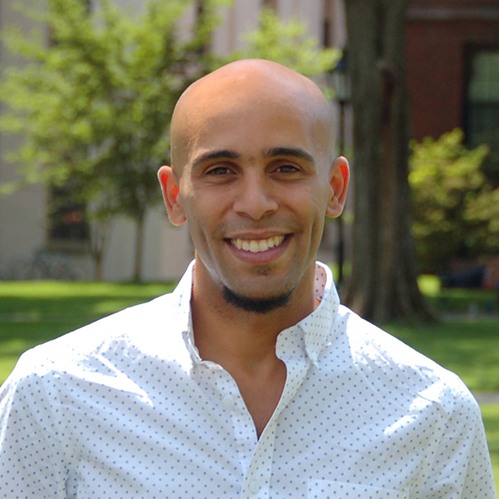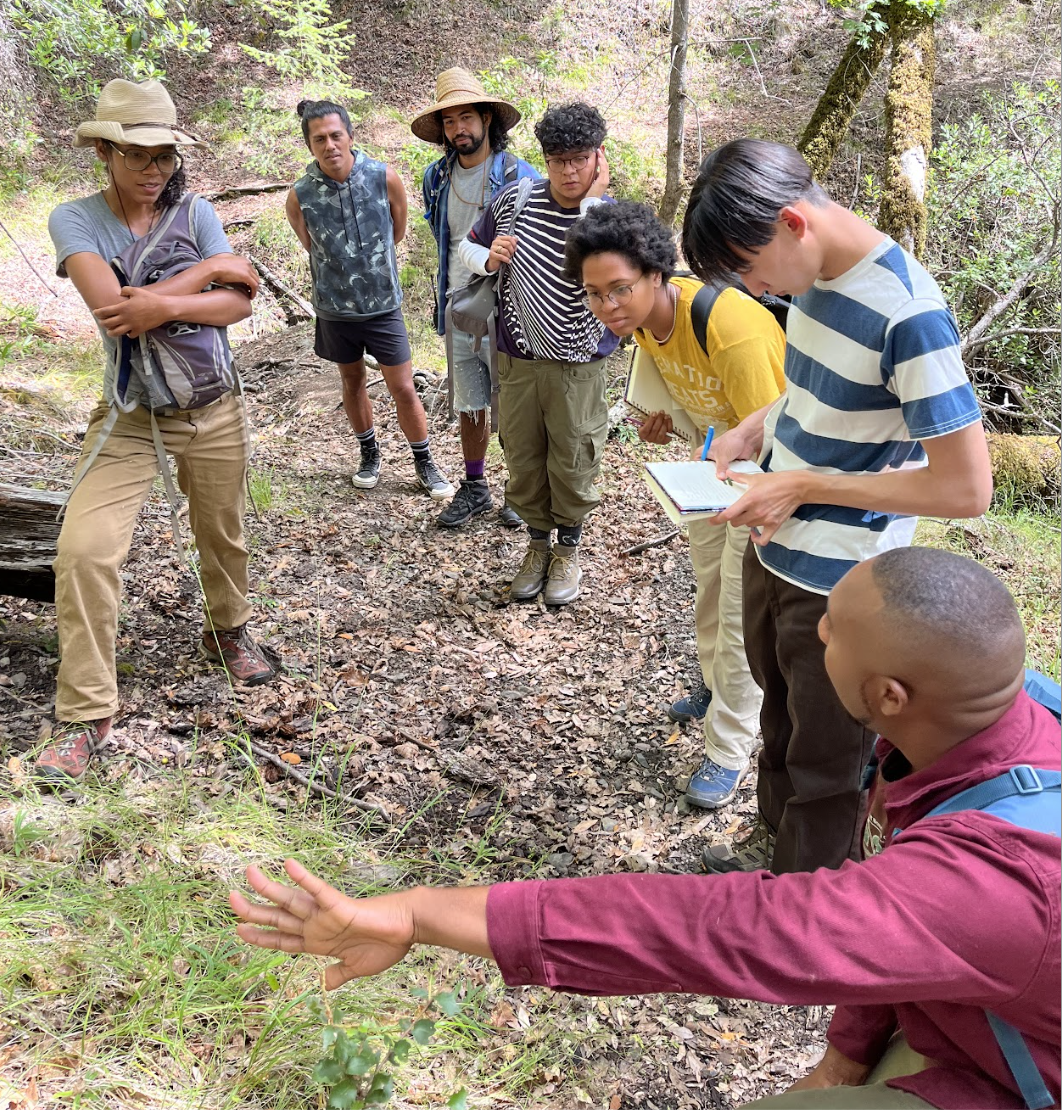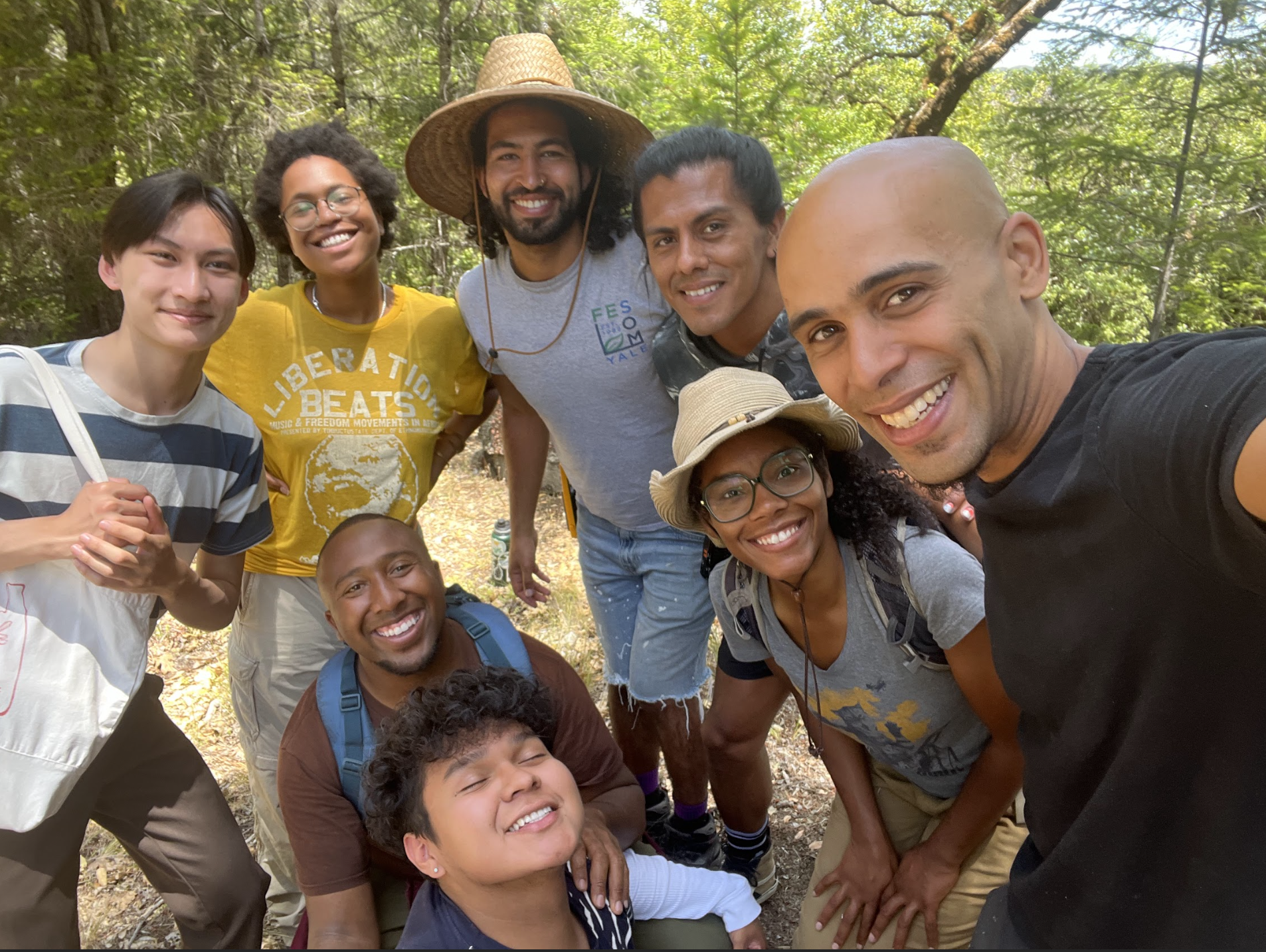Myles Lennon says his research is “fundamentally about the people.”

An assistant professor with the Institute at Brown for Environment and Society (IBES) and the Department of Anthropology, Lennon studies “how human organizations and different cultural configurations can work better with the environment.” In recent years, he has specifically looked at how young land stewards of color are navigating settler colonialism in the United States.
Lennon’s scholarship and collaborations with community organizations recently earned him this year’s Howard R. Swearer Engaged Faculty Award, an accolade granted by the Brown University Swearer Center to faculty members committed to community engagement in teaching and research.
Those who know Lennon know the extent of this commitment. His hands-on approach to research shines particularly through his involvement with the Shelterwood Collective, a Black, Indigenous, LGBTQ+ land stewardship organization, of which Lennon is a founding board member. Established in 2019, Shelterwood now oversees 900 acres of forest, located on historic Southern Pomo and Kashia territory in Northern California.

